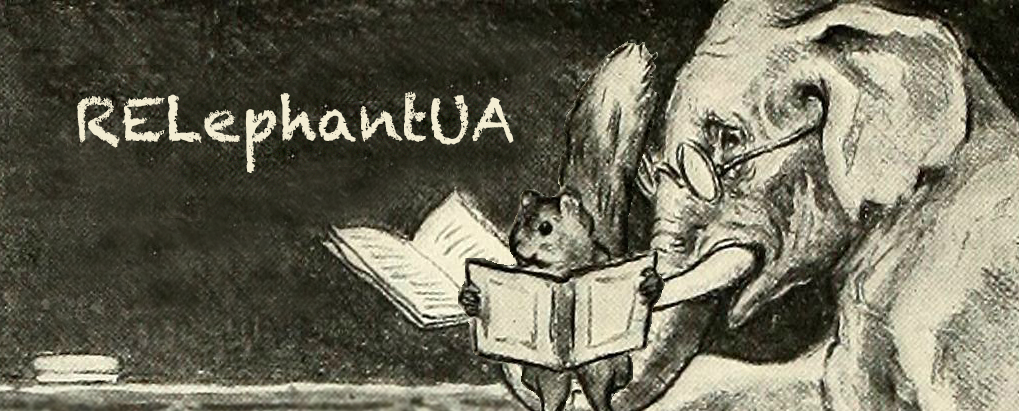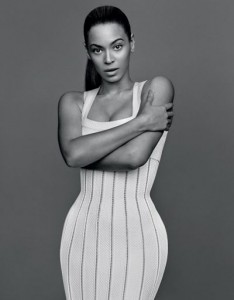In their most recent April edition, Elle magazine published a rare gem: a full interview with Beyoncé. While she is never far from sight, some have noted that Beyoncé has retreated from the public eye in the past few years, declining interviews in favor of more carefully cultivated portrait’s of the artist’s interior life. When she released the video single for ‘Formation’ earlier this year–proudly parading her personal roots and featuring her baby daughter–many fans were jazzed with what appeared to be a peek into the privatized, “authentic” blackness of Beyoncé. But if the song seems to revolve around embracing authentic individual identity, why, then, do many Americans find Beyoncé’s pro-black anthem a political and public threat? What is it about this new iteration of Beyoncé that the public finds so jarring, when this is far from the first time she has called for critical engagement with the way our nation talks about gender, race, and police brutality?
Author: Margaret “Maggie” Patterson

